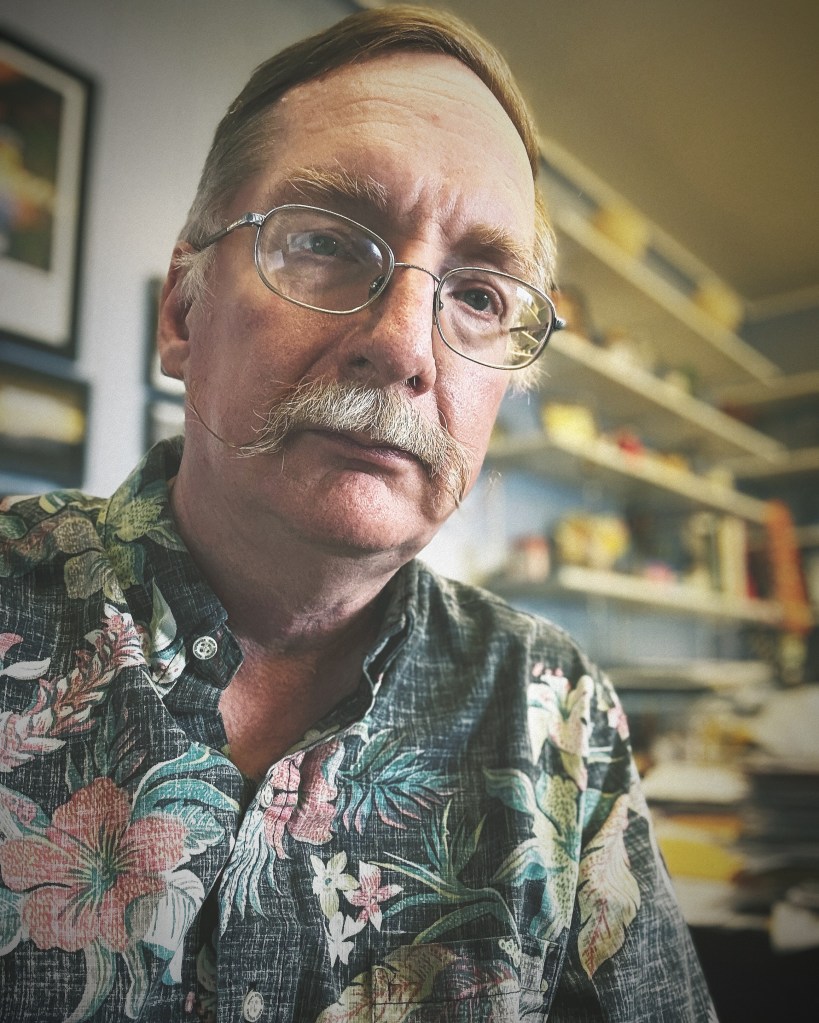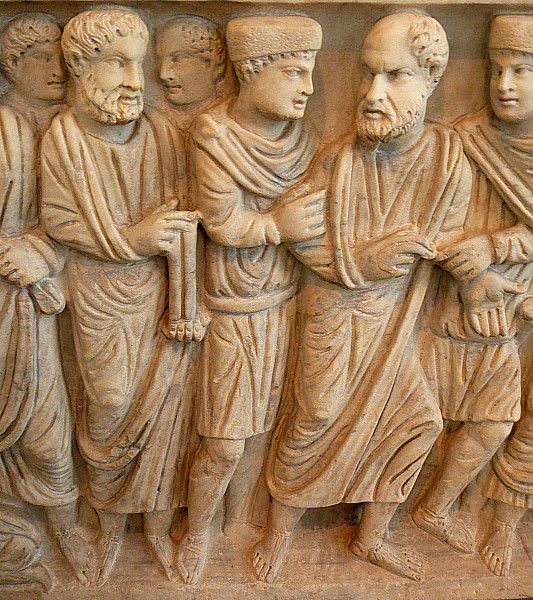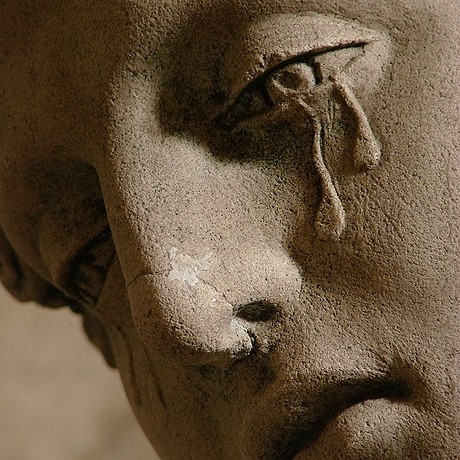
“But Peter, standing with the eleven, raised his voice and addressed them…” – Acts 2:14
Has there been enough time to redeem me?
“You’re the Rock,” smiled Jesus. Oh, yes. I’m the rock.
Always first to reply, always first to be chided. They smirked,
those eleven, every time I was caught
being first to say things they were thinking in silence.
Can a month or two’s passage possibly remake me?
“You’re the Rock,” they have said since the day that he rose.
“You’re the first to have seen him” – I open my mouth
to remind them of Magdalene, then shut it again.
“You’re the Rock.” Well, at least we’re a dozen again.
I wonder what time could refashion a rock?
I told them my shame which the Teacher predicted.
How could I hide it? They’d heard, and they’d seen
the look on my face on that terrible morning
when the heart of the Rock was as brittle as flint.
Passover to Pentecost can’t be enough time.
They never have heard what the Teacher said to me
that glorious day when his death turned to life.
My flint heart had shattered, and molten, ran over.
What words could declare the forgiveness he gave?
But can I be reborn in these brief fifty days?
The wind rushes madly. Lights leap on our brows.
Only the Marys sit silent, serenely. We’re out in the street.
My God, we look drunk. I’m speaking a language I don’t think I’ve heard.
How can I explain what has happened to me?
Fifty days weren’t enough, but a moment transformed me.
Now they look to the thick one, the Rock, to say something.
I have no skill with words. I was trained to the net.
But Jesus stayed with me, and I recall some things.
I’ll start with this verse that he taught me from Joel.
I guess fifty days is enough to redeem.
A poem/prayer based on Acts 2:1-21, the Revised Common Lectionary First Reading for Year B, Pentecost Sunday.
The image is The Penitent Saint Peter by El Greco (between 1590 and 1595) – https://collection.sdmart.org/objects-1/info/1090, Public Domain, https://commons.wikimedia.org/w/index.php?curid=119297661. The eyes contain some of the apostle’s self-doubt which I’ve tried to express in this poem.








